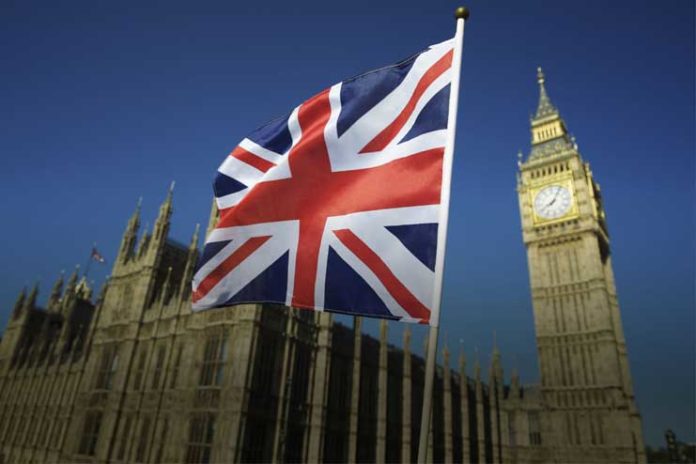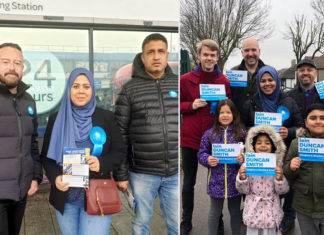The British government has drawn a direct link-up between the exclusion of Indian students from a relaxation of visa rules, that were prolonged to 10 other countries, including China and the Maldives, and India’s decision to pull out of a Memorandum of Understanding (MoU) on the return of illegal immigrants.
As part of a “constant conversation” India’s demands for “easier norms” between the two countries could not be dealt with without India addressing the issue of “overstayers”, British International Trade Minister Liam Fox said on Monday.
Regarding whether there was a direct link between the failure to reach an agreement on the MoU and the student visa development, he said that all the issues had to be considered “on balance”, and could not be separated. However, he denied that the disagreement would damage Britain’s ability to forge closer ties with India after Brexit, insisting that its ambitions related to India were “long-term” and extended beyond trade.
His statements, on the sidelines of the launch of a UK-India summit, a week-long series of events in London and Buckinghamshire on post-Brexit bilateral opportunities, detail how long-simmering tensions between the two countries on migration and movement related issues endanger to spill over into broad bilateral issues.
Earlier this month, it appeared that to prevent the signing of a MoU India’s External Affairs Minister Sushma Swaraj had intervened at the last minute on returning illegal migrants because of concerns over Britain’s demand that Indian authorities would have 15 days to verify the antecedents of an undocumented migrant.
“It’s a question of demand and supply. You need more doctors…we give you those doctors,” said India’s High Commissioner to the UK Y.K. Sinha, in a speech at the event, stressing the importance of a “mutually reinforcing” and “mutually beneficial relationship” that had to be a “win-win situation for both sides”.
“We believe in the free movement of people. We of course through the WTO actively support Mode 4 on the movement of people and we expect all our partners to appreciate that…While each country has their own requirements and they are absolutely free to decide their own policies and immigration policies and visa policies, we need to look at the larger picture,” he said.
“When we go in for negotiation for a free trade agreement…there will be priorities on both sides and we will need to see how we can match those priorities.”
International students contributed “immensely” to Britain’s economy and expertise, he said. “International students are the best soft power the UK has and for generations, Indian students have come here including those who fought for our independence so I think this is something really important…and I think we should facilitate their coming here,” he added.
By Sowmya Sangam













































